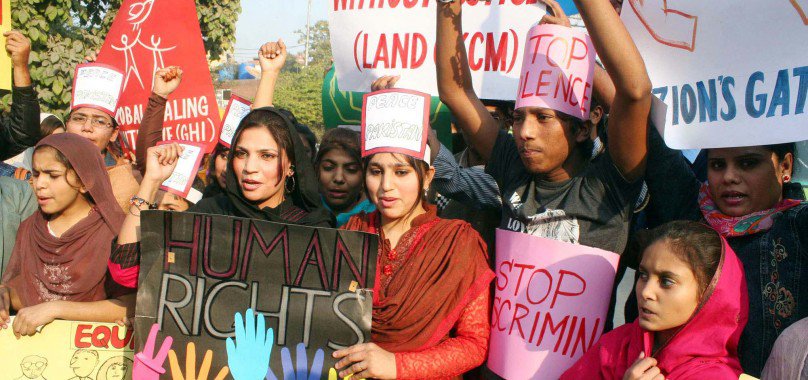 There are an estimated 370 million indigenous people in the world, living across 90 countries. They make up less than 5 per cent of the world’s population, but account for 15 per cent of the poorest. They speak an overwhelming majority of the world’s estimated 7,000 languages and represent 5,000 different cultures.
There are an estimated 370 million indigenous people in the world, living across 90 countries. They make up less than 5 per cent of the world’s population, but account for 15 per cent of the poorest. They speak an overwhelming majority of the world’s estimated 7,000 languages and represent 5,000 different cultures.
Indigenous peoples are inheritors and practitioners of unique cultures and ways of relating to people and the environment. They have retained social, cultural, economic and political characteristics that are distinct from those of the dominant societies in which they live. Despite their cultural differences, indigenous peoples from around the world share common problems related to the protection of their rights as distinct peoples.
Indigenous peoples have sought recognition of their identities, way of life and their right to traditional lands, territories and natural resources for years, yet throughout history their rights have always been violated. Indigenous peoples today, are arguably among the most disadvantaged and vulnerable groups of people in the world. The international community now recognizes that special measures are required to protect their rights and maintain their distinct cultures and way of life.
2017 Theme: 10th Anniversary of the UN Declaration on the Rights of Indigenous Peoples
Ten years ago, on 13 September 2007, the General Assembly adopted the United Nations Declaration on the Rights of Indigenous Peoples, a major milestone with respect to the cooperation and solidarity between indigenous peoples and Member States.
The Declaration is the most comprehensive international instrument on the rights of indigenous peoples. It embodies global consensus on the rights of indigenous peoples and establishes a universal framework of minimum standards for their survival, dignity and well-being. It elaborates on existing human rights standards and fundamental freedoms, as they apply to the specific situation of indigenous peoples.
Over the last decade, the implementation of the Declaration has achieved some major successes in at the national, regional and international levels. Despite the achievements, there continues to be a gap between the formal recognition of indigenous peoples and the implementation of policies on the ground.
Source: Text: UN Image: www.ufcs.ca
 On October 17, 1987,World Day to Overcome Extreme Poverty , at the call of Father Joseph Wresinski , 100,000 human rights defenders gathered at the Parvis du Trocadéro in Paris to honor the victims of hunger, violence, ignorance and violence. To say their refusal of misery and call on humanity to unite to make respect for Human Rights..
On October 17, 1987,World Day to Overcome Extreme Poverty , at the call of Father Joseph Wresinski , 100,000 human rights defenders gathered at the Parvis du Trocadéro in Paris to honor the victims of hunger, violence, ignorance and violence. To say their refusal of misery and call on humanity to unite to make respect for Human Rights..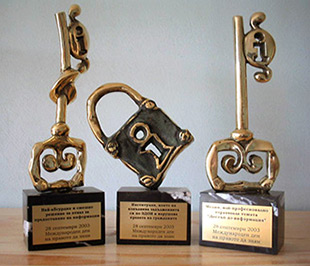
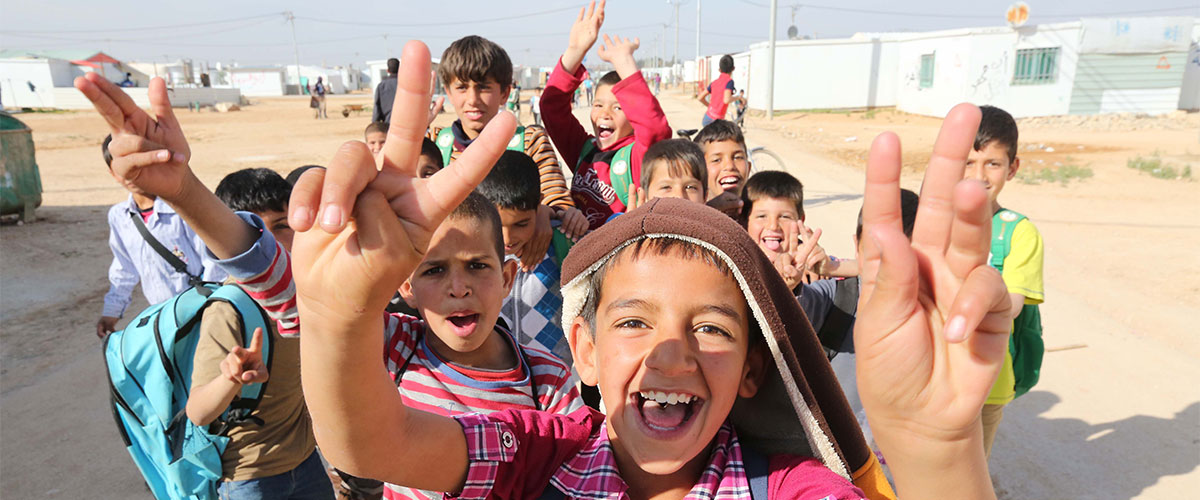 The theme honours the spirit of
The theme honours the spirit of 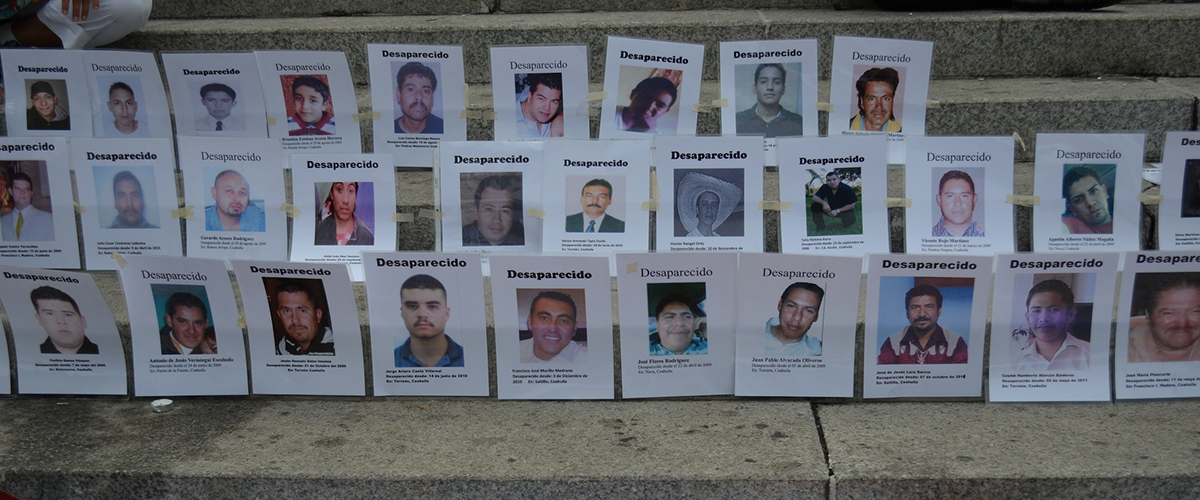
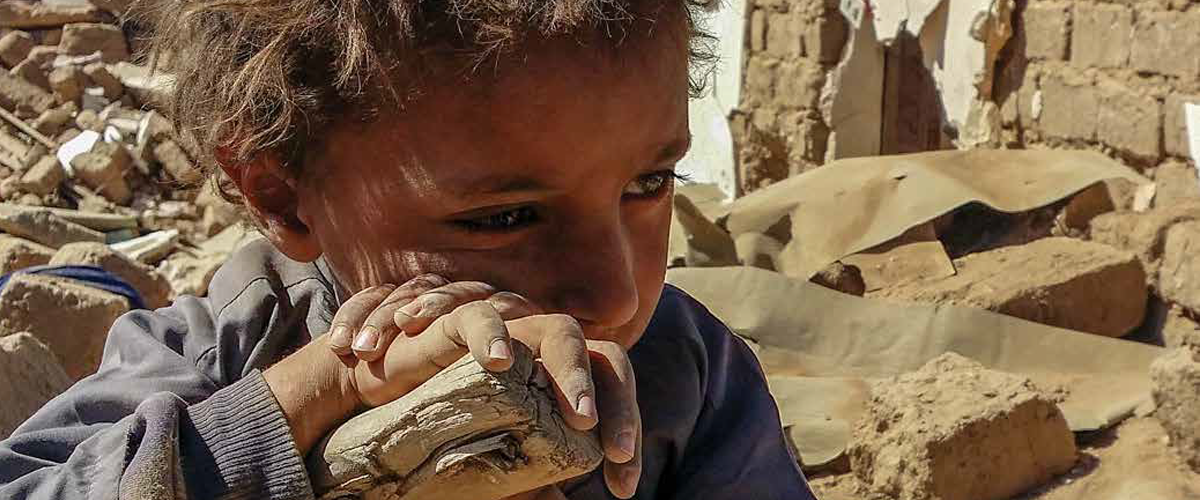 Around the world, conflict is exacting a massive toll on people’s lives. Trapped in wars that are not of their making, millions of civilians are forced to hide or run for their lives. Children are taken out of school, families are displaced from their homes, and communities are torn apart, while the world is not doing enough to stop their suffering. At the same time, health and aid workers – who risk their lives to care for people affected by violence – are increasingly being targeted.
Around the world, conflict is exacting a massive toll on people’s lives. Trapped in wars that are not of their making, millions of civilians are forced to hide or run for their lives. Children are taken out of school, families are displaced from their homes, and communities are torn apart, while the world is not doing enough to stop their suffering. At the same time, health and aid workers – who risk their lives to care for people affected by violence – are increasingly being targeted. There are an estimated 370 million indigenous people in the world, living across 90 countries. They make up less than 5 per cent of the world’s population, but account for 15 per cent of the poorest. They speak an overwhelming majority of the world’s estimated 7,000 languages and represent 5,000 different cultures.
There are an estimated 370 million indigenous people in the world, living across 90 countries. They make up less than 5 per cent of the world’s population, but account for 15 per cent of the poorest. They speak an overwhelming majority of the world’s estimated 7,000 languages and represent 5,000 different cultures. Every year the world continues to get more and more crowded. While we’ve a tendency to pack ourselves into massive cities, and there are presently still long open stretches of countryside, every year that gets whittled away at more and more. The power and food needs of the world continue to place a greater and greater strain on our ability to meet them, and resources in general are becoming harder and harder to come by. World Population Day comes along each year to remind us that our present rate of population growth is unsustainable, and the present social and logistical issues we are experiencing to meet the demand of that population will only get worse if we don’t do something.
Every year the world continues to get more and more crowded. While we’ve a tendency to pack ourselves into massive cities, and there are presently still long open stretches of countryside, every year that gets whittled away at more and more. The power and food needs of the world continue to place a greater and greater strain on our ability to meet them, and resources in general are becoming harder and harder to come by. World Population Day comes along each year to remind us that our present rate of population growth is unsustainable, and the present social and logistical issues we are experiencing to meet the demand of that population will only get worse if we don’t do something. participants of the First International Meeting of People Affected by Dams that took place in March, 1997 in Curitiba, Brazil.
participants of the First International Meeting of People Affected by Dams that took place in March, 1997 in Curitiba, Brazil. 

